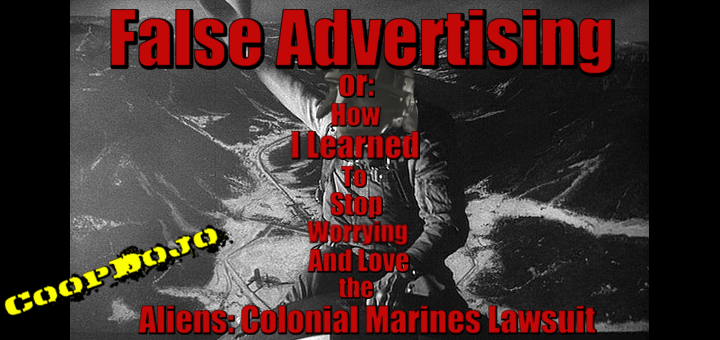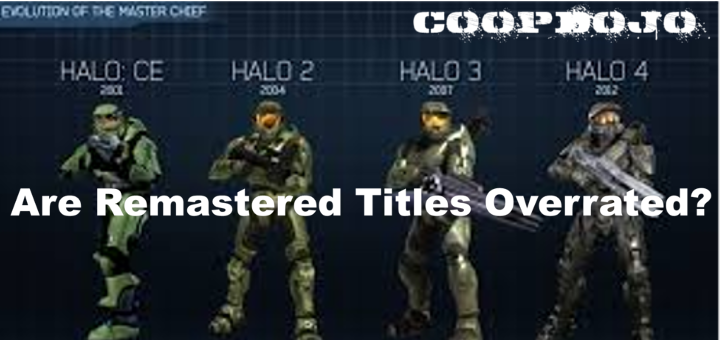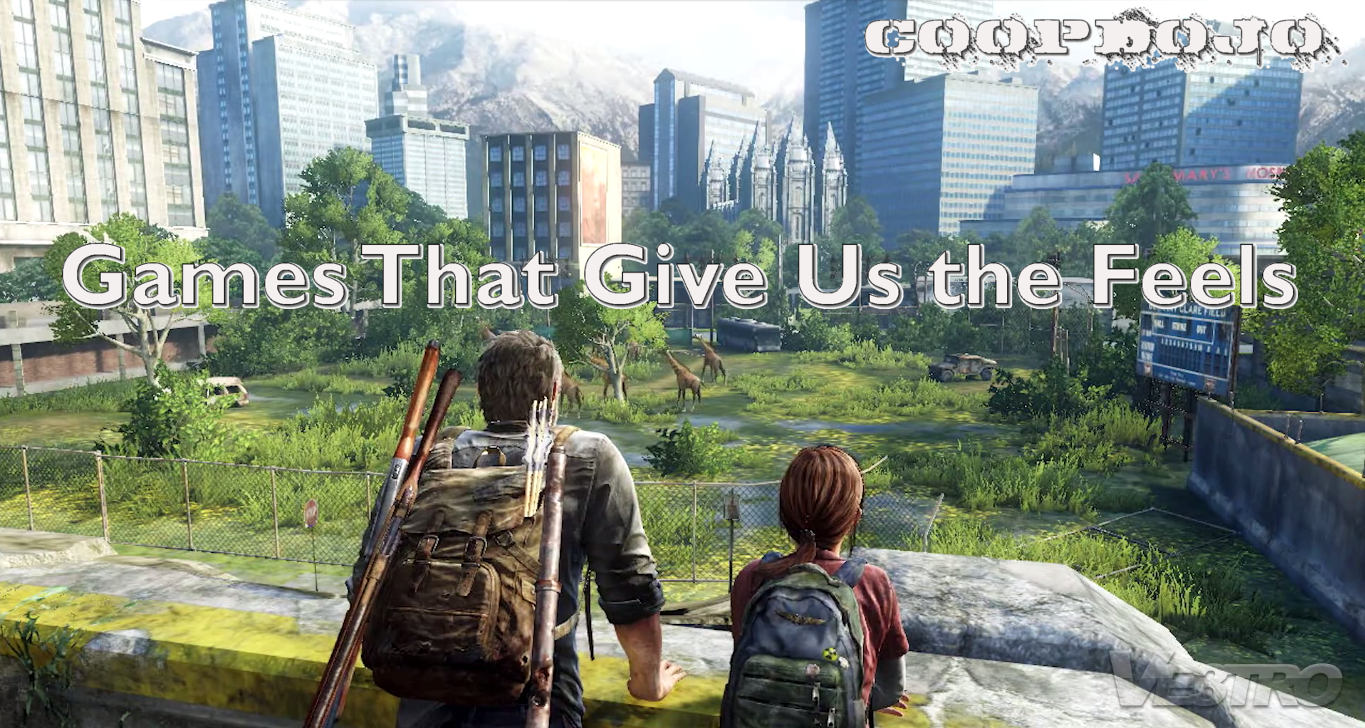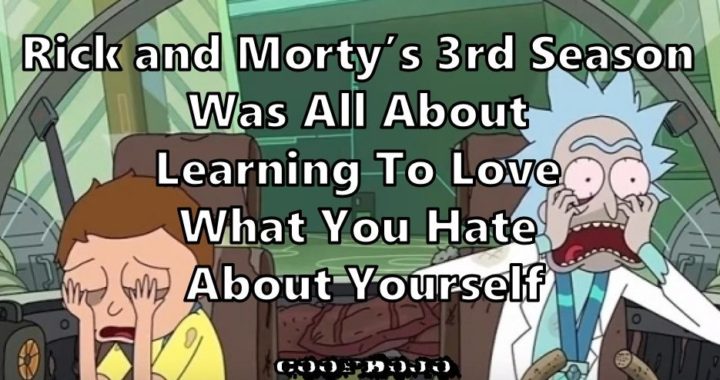
Rick and Morty’s 3rd Season is All About Loving What You Hate About Yourself
Like everybody, I love Rick and Morty. There is no show on television this funny and this emotionally intelligent anywhere. I get all the references, I love the swiftly moving plotlines, and the jokes are always funny. Each episode is pretty self-contained, though the last two seasons had frequent callbacks and occasional cliffhangers. This season seemed a little different. Specifically, I noticed a theme that seemed to occur over and over again. Whether it’s Morty purging his weaknesses before re-embracing them, Jerry realizing he relies on his ability to ingratiate to survive, Summer accepting her physical imperfections or Beth accepting her imperfect life, Rick and Morty’s third season was all about learning to love what you hate about yourself.

Man, never have Rick on your team. He is not a team player.
Rick and Morty has always had an element of wish-fulfillment to it. Rick’s technology gives him godlike powers and Rick is frequently offering other characters the opportunity to discover something about themselves that they might not want to know. The ironic thing about the episode “Something Ricked This Way Comes” – in which the devil opens a store selling cursed items that fulfill wishes – is that Rick is already doing this for his family (which is probably why Rick is able to put the Devil out of business). He’s made their dog hyper-intelligent (“Lawnmower Dog”), given Morty the girlfriend he always wanted (“Rick Potion #9” and “Raising Gazorpazorp”) and let Jerry and Beth see their lives without each other (“Rixty Minutes”). The lesson of being careful what you wish for is already pretty well established before the devil arrives.

Rick tends to cope with turmoil through escapism. It is really fun but probably not super healthy.
Season three was the first season I saw in which Rick’s wish-fulfilling technology seemed to serve a specific and consistent purpose. Rather than just reflecting on what the characters wanted, this season the characters were forced to face who they were and what their lives had become. The kids are forced to face the reality of their parents’ divorce in “Rickmancing the Stone;” their time in the post-apocalyptic wasteland leads Morty to accept his anger towards his father while Summer learns to accept her father’s imperfections. Jerry is forced to face his own weakness and groveling nature in “The Whirly Dirly Conspiracy” while Summer learns to accept her own perceived physical imperfections. Finally, Beth has to reconcile herself to her past behavior (which Rick hid from her) and her life decisions in “The ABC’s of Beth.” Over and over, Rick’s technology let the characters examine their lives, their decisions, and their personalities and experience growth through that reflection.

Rick’s has a lot of issues, and they aren’t all about McDonald’s Szechuan sauce.
That’s not to say this insight was always a good thing. When Morty learns Rick’s been erasing and storing their memories in “Morty’s Mind Blowers,” he insists on experiencing these memories at once. After all, he argues, how can you learn from your mistakes if you can’t remember any of them? However, watching himself making disastrous mistake after disastrous mistake is ultimately too much for him and he’s lucky Summer appears to restore his earlier memory. There’s a lesson here too: getting healthy is a slow process (as Susan Sarandon describes in “Pickle Rick”) and too much insight when you aren’t ready for it can be destructive. On the other hand, we see again that Rick’s solution over and over again is to avoid and escape these issues rather than face them. As Beth discovers in “The ABC’s of Beth,” this approach can work for a while, but ultimately you have to face your past and choose your own future.
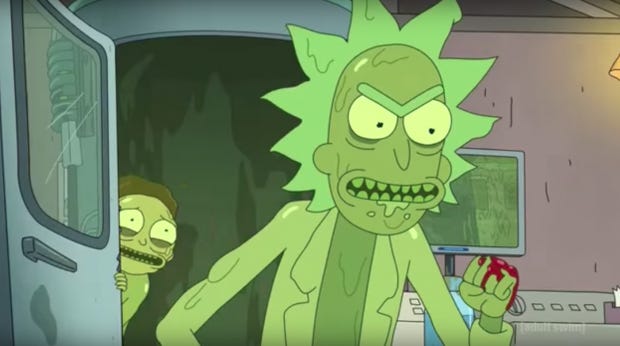
Evil Rick deserves his own show.
Of course, the theme of facing your dark side is expressed most clearly when Morty faces his own weakness in “Rest and Ricklaxation.” Morty and Rick visit a spa and have their “impurities” removed only to have those impurities come to life and try to take over the world. To be clear, the impurities are really just manifestations of everything the characters hate about themselves; Morty’s is indecisive and insecure while Rick’s is explosive and destructive. Without his insecurities, Morty becomes successful, finds a girlfriend, and escapes his life with Rick. By the end of the episode, however, Morty’s willing to let go of his Wall Street life and accept his insecurities again. Being honest, I’m not sure why he does this except that he seems to accept his limitations and prefer his life with them. Heck, maybe life without them is just too easy.

Rick’s ability to make you forget every stupid thing you ever did is both a blessing and a curse.
In fact, the only guy who doesn’t find a way to love the disgusting parts of himself this season is Rick, who ends the season as the lowest status character on the show. Heck, he’s so unwilling to face these aspects of himself that he turns himself into a pickle in “Pickle Rick.” His impulses, insecurities and hyper competitiveness make him so volatile that he turns on his teammates (“Vindicators 3: The Return of Worldender”) and battles the President (“The Rickchurian Mortydate”). And it’s not like Rick doesn’t know what he hates about himself; he realizes that to defeat his own impurities in “Rest and Ricklaxation,” he has to exploit his toxic version’s attachment to Morty, an attachment Rick viewed as an impurity to be removed. Rick hates his attachments to others; he knows everyone is replaceable but he’s still attached to his family (and Noob Noob). In fact, I think it’s his attachment to his family that leads him to hide unpleasant truths from this family, which ultimately limits their ability to grow.
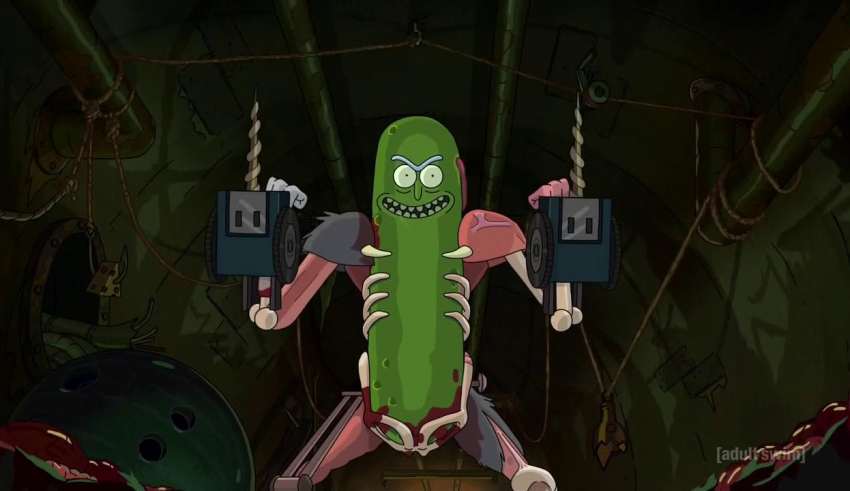
Ironically, Pickle Rick is supremely powerful against everything except his own psychological issues.
A lot of reviewers saw the finale as a return to the status quo. I didn’t really see it that way. All of the characters evolved over the course of the season and Rick moved closer to understanding and accepting his need to be part of the family. I’m looking forward to the next season for a lot of reasons: the jokes, the sci-fi, and the potential return of Interdimensional Cable. But more than anything, I’m looking forward to seeing what this show has to say about how people deal with their own insecurities and limitations in forming connections with other people. I’m really hoping that next year this show gets the credit it deserves for being one of the funniest, sharpest and deepest shows on television (in any dimension).
